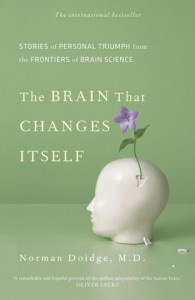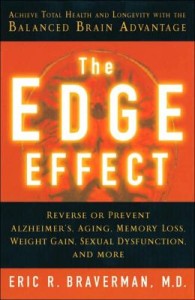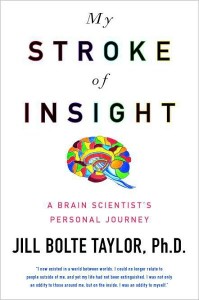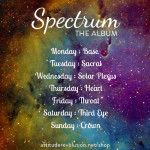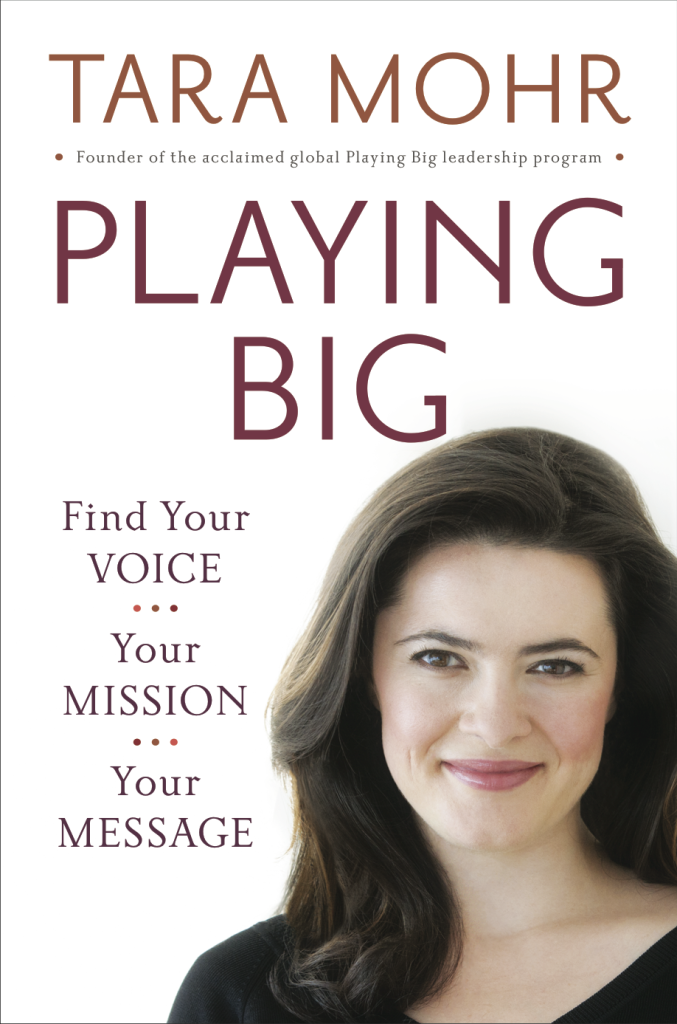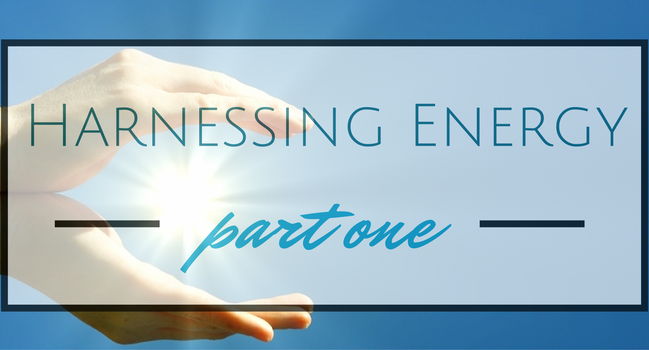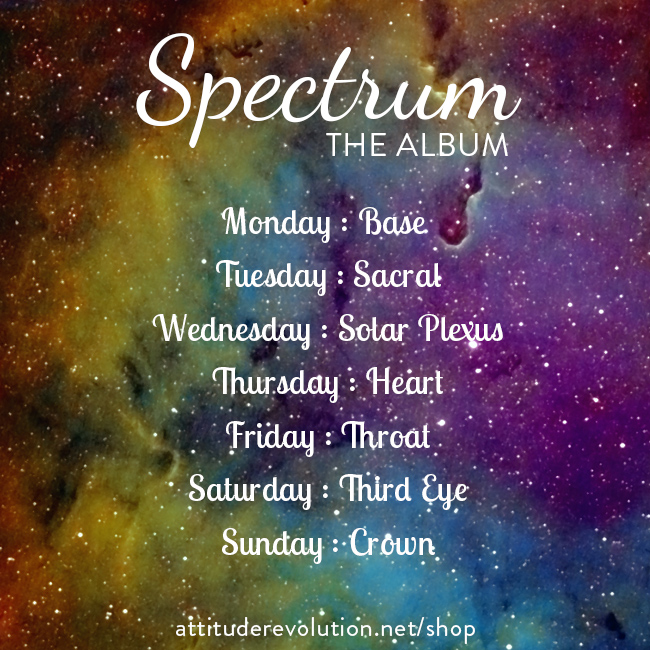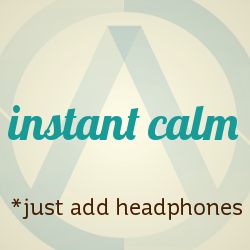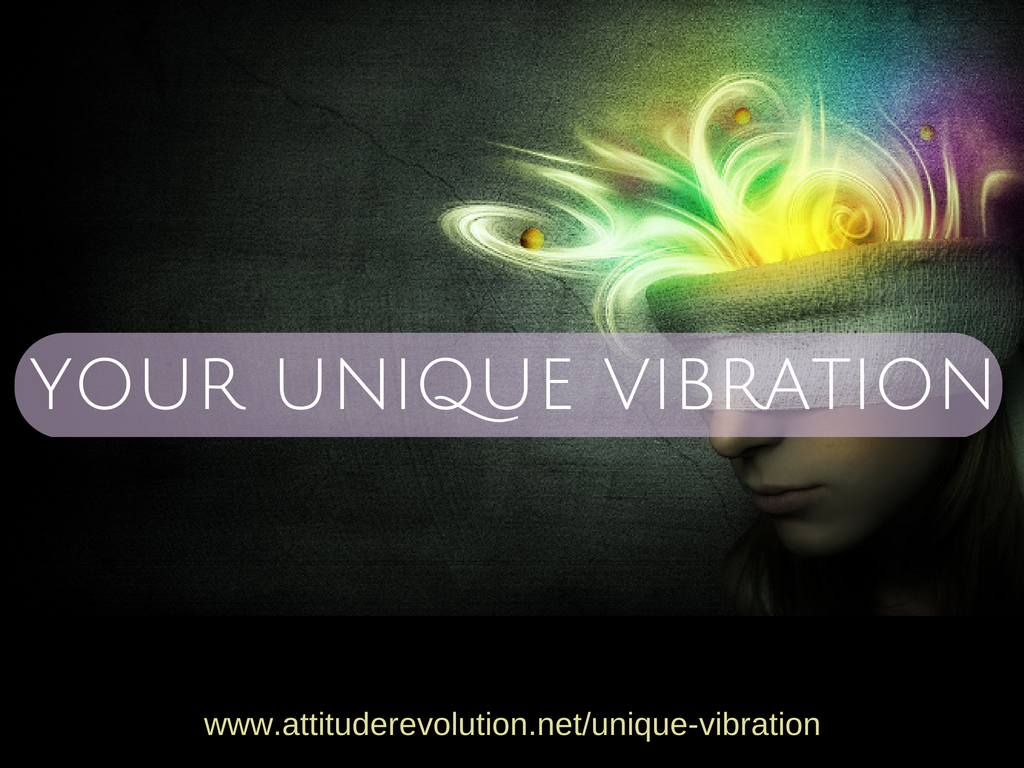
A gorgeous comrade contacted me recently with the following question…
“Ever since buying your meditones and falling head over heels in love with them, I’ve been fascinated by the concepts of vibrations, brain waves etc. Are there any books or sites you can recommend to learn more about these things?”
Yes. Yes I can.
Mine. ![]()
Come with me and dive into the most fascinating biology lesson ever!
Your Brain 101
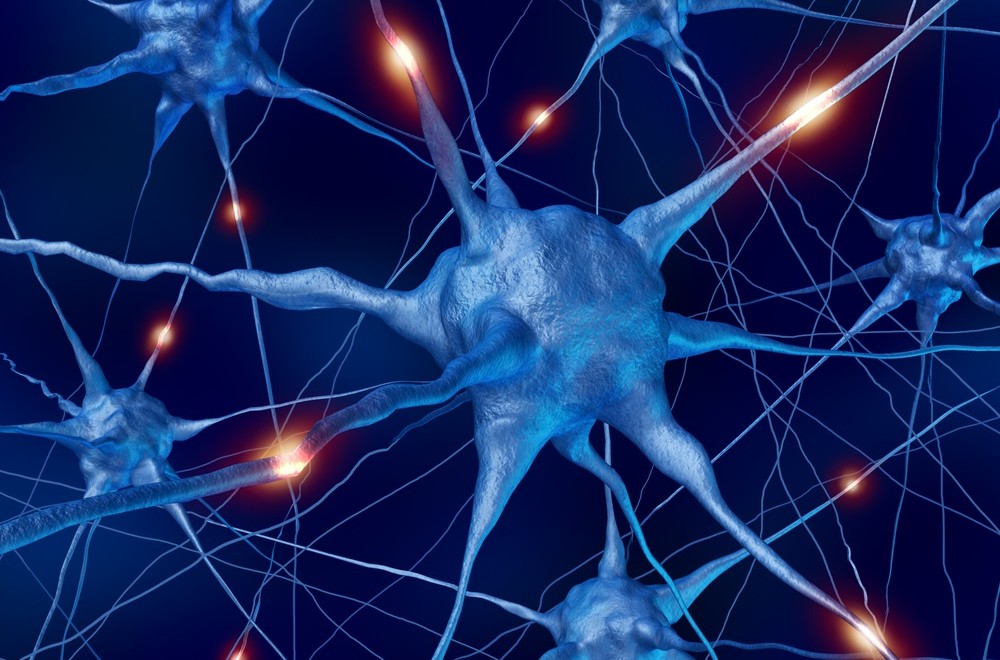
The two major components that make up your brain are neurotransmitters and brain waves.
Neurotransmitters are the chemical messengers that allow your neurons (brain cells) to communicate with one another.
This chemical communication is what causes each neuron to fire off an electrical charge. These electrical impulses create waves of consciousness ie brain waves.
So your brain communicates with alchemy and vibrations!
Just like sound waves, your brain produces rhythmical pulses that are measured in Hertz; and different speeds, produce different results.
There are four major categories of brain waves: Beta, Alpha, Theta & Delta.
You always produce all four main brain wave types. But it’s when a particular brain wave is dominant that it influences what kind of state you’re in.
There are also four major neurotransmitters that correlate to each brain wave type: dopamine, acetylcholine, GABA & serotonin.
Let me explain…
______________
Beta Brain Waves

Beta waves are important for staying alert and focused. They vibrate between 14-30 Hertz, and they’re produced by the neurotransmitter dopamine.
When you’re concentrating hard, being active or learning something new - you’re helped along by dominant Beta brain waves. But when you’re panicking and full of anxiety - Beta waves are taking over.
Alpha Brain Waves

Alpha waves help you stay chilled out and imaginative. They vibrate between 8-13 Hertz, and they’re produced by the neurotransmitter acetylcholine.
When you’re daydreaming, relaxed or drowsy - Alpha brain waves are your dominant state. But too many alpha waves makes it difficult to concentrate.
Theta Brain Waves

Theta waves are dominant during deep meditation and REM sleep (ie when you’re dreaming). They vibrate between 4-7 Hertz, and they’re produced by the neurotransmitter GABA.
When you’re deeply calm and intuitive, or laying down long term memories - Theta waves are influencing you. Unfortunately, an excess of Theta waves has been linked to ADD and Chronic Fatigue Syndrome.
Delta Brain Waves

Delta waves are dominant during restorative, dreamless sleep. They vibrate between 0.1 - 3 Hertz and are produced by the neurotransmitter serotonin.
They help you rest deeply and heal (Human Growth Hormone is also produced during Delta sleep).
Some people have experienced ecstatic states of bliss during meditation as they access Delta states consciously (something quite difficult to achieve without meditones). But similar to Theta, an excess of Delta brain waves can cause slow wave brain disorders, like ADD and depression.
______________
So you can see that no one neurotransmitter or brain wave type is better than the other. You need all four for different reasons. It’s when your brain waves or brain chemistry is out of balance that things go awry.
Your unique combination of brain waves and brain chemistry is what makes you YOU.
It’s as individual as your fingerprint.
Your character, your personality, your “strengths” and “weaknesses” are all encoded in your unique vibration. - click to tweet
______________
My Best Book Recommendations
Have I sparked your interest in neuroscience? Gosh, I hope so. I find it endlessly fascinating.
Here are my top reads for easily digested, interesting info about your brain.
The Brain That Changes Itself
Years ago, scientists believed that you were born with a finite number of neurons that just died off as you aged. Now they now that the brain maintains itself right up until the moment of death. The new science of ‘neuroplasticity’ proves that it’s never too late to change anything!
The Edge Effect
The best book I’ve read on understanding how chemical imbalances lead to illness. Filled with great info and in depth questionnaires, you can then learn how to create your ultimate brain through supplements and nutrition. Personally, I would skip the suggestions on drugs and hormone replacements unless you’re working extremely closely with a trusted holistic doctor.
My Stroke Of Insight
When I first heard Jill Bolte Taylor’s TED talk, I cried. Her story is inspirational, moving and a true testimony to the power of neuroplasticity. A wonderful, personal story of a neuroscientist not only surviving stroke, but thriving.
______________
Got any geeky book recommendations for me? Did you find this post helpful?
Jump on over to the Facebook page and let me know, comrade!
